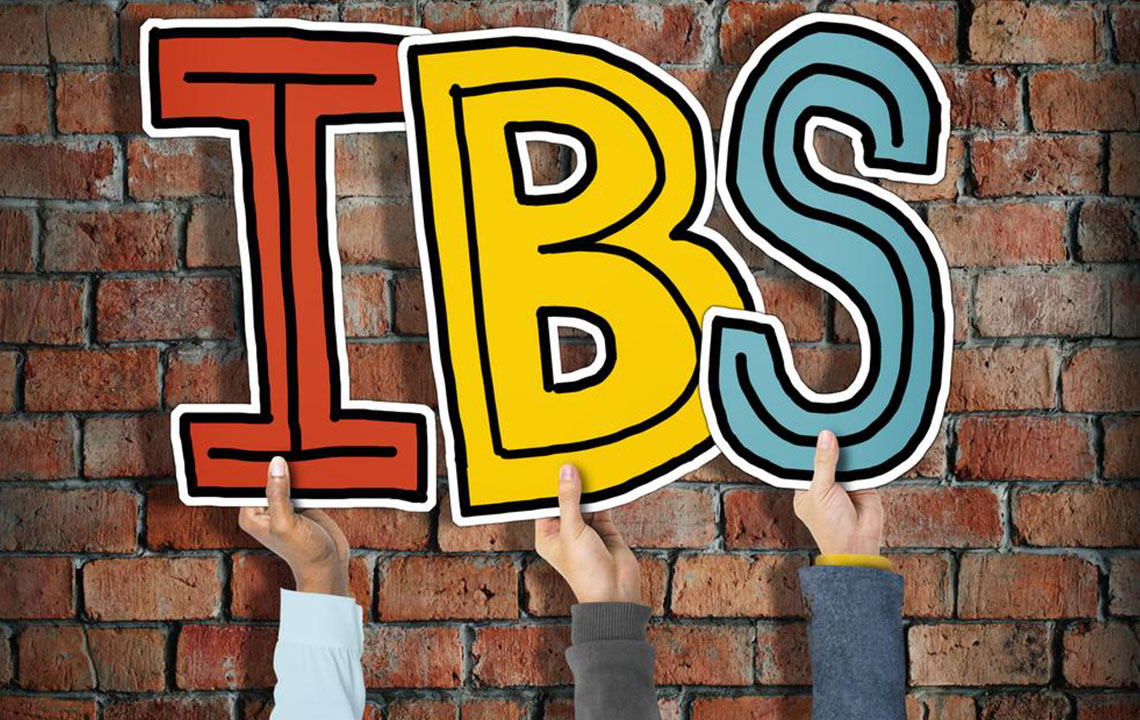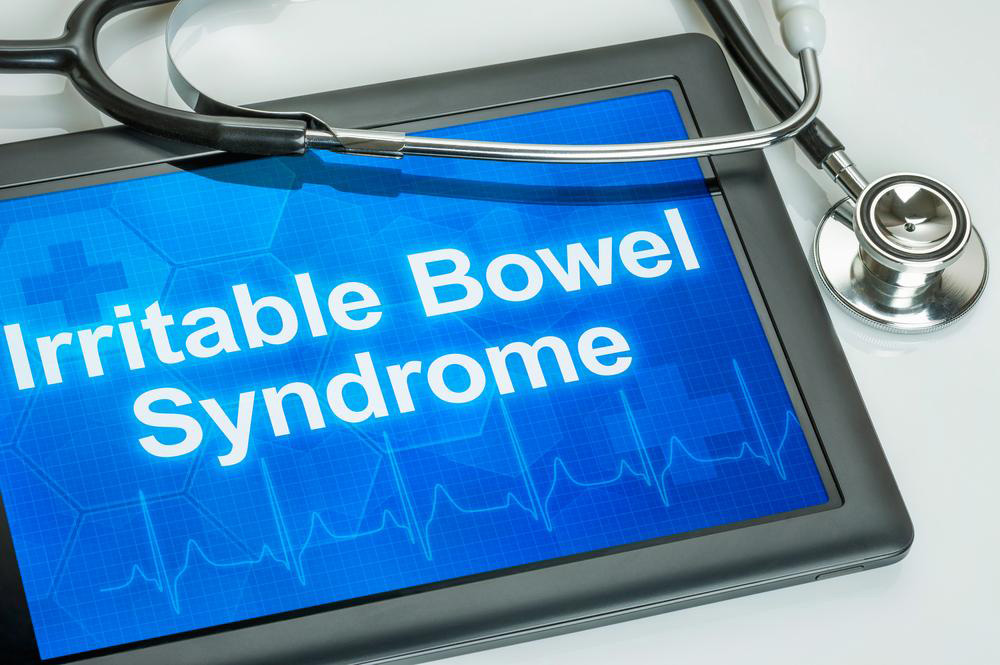Ultimate Guide to Diagnosing and Managing Irritable Bowel Syndrome (IBS) Effectively
This comprehensive guide offers in-depth insights into diagnosing and managing Irritable Bowel Syndrome (IBS). It covers diagnostic criteria, advanced testing options, and effective lifestyle changes that can alleviate symptoms and enhance quality of life. Suitable for those seeking detailed, practical advice on handling IBS.

Understanding and Managing Irritable Bowel Syndrome (IBS)
Irritable Bowel Syndrome (IBS) is one of the most common functional gastrointestinal disorders worldwide, affecting a significant portion of the population. This chronic condition impacts the large intestine, leading to a variety of uncomfortable and sometimes debilitating symptoms such as abdominal pain, bloating, gas, diarrhea, constipation, and cramping. The complexity of IBS lies in its diverse presentation—it can vary widely among affected individuals. Managing IBS requires a nuanced approach that considers individual symptoms, lifestyle, and overall health status. In this comprehensive guide, we delve into the intricacies of IBS, exploring the latest diagnostic methods, effective management strategies, and lifestyle modifications that can empower sufferers to lead healthier lives without constant discomfort.
Wise management begins with proper diagnosis. Here’s a detailed overview of how IBS is diagnosed and the most effective ways to manage its symptoms.
Comprehensive Diagnosis of IBS
Diagnosing Irritable Bowel Syndrome can often be a complex process because there is no single, definitive test that confirms the condition. Instead, healthcare professionals rely on a thorough assessment that involves detailed medical history taking, physical examinations, and a series of diagnostic tests to rule out other possible causes of symptoms. Early diagnosis is critical for initiating appropriate treatment and improving quality of life.
Healthcare providers typically review your medical and family history to identify potential risk factors. They will conduct a physical examination focusing on abdominal and rectal areas to assess tenderness, bloating, or abnormal masses. During the diagnostic process, doctors may employ established criteria such as the Rome IV criteria, Manning criteria, or subtyping based on predominant symptoms to classify the type of IBS—whether it’s diarrhea-predominant, constipation-predominant, or mixed.
It’s essential to evaluate for warning signs that may suggest other gastrointestinal disorders or more serious conditions such as inflammatory bowel disease (IBD), infections, or cancers. These signs include unexplained weight loss, rectal bleeding, persistent nausea, fever, anemia, or severe fatigue. In such cases, additional testing becomes necessary to distinguish IBS from other conditions.
Advanced Diagnostic Tests and Procedures
If initial assessments indicate IBS but symptoms persist or worsen, healthcare providers might recommend further testing to confirm diagnosis and identify underlying causes. These include:
Stool analyses to detect infections, blood, or parasites
Colonoscopy or sigmoidoscopy—endoscopic procedures allowing direct visualization of the colon to identify inflammation, ulcers, or abnormalities
Imaging techniques such as abdominal X-rays or CT scans to view the intestines and surrounding tissues
Breath tests to diagnose carbohydrate malabsorption issues like lactose intolerance or small intestinal bacterial overgrowth (SIBO)
Endoscopy and related biopsies to assess mucosal health
Your healthcare provider will evaluate the results of these tests in conjunction with your clinical presentation to establish an accurate diagnosis.
Effective management begins once an accurate diagnosis is confirmed. Tailored treatment plans often combine lifestyle and dietary changes, medication, and psychological support to address both symptoms and underlying triggers.
Lifestyle Modifications for Symptom Relief
Managing IBS effectively involves making practical lifestyle adjustments that can significantly reduce symptoms. These include:
Getting adequate, quality sleep to reduce stress and improve gut health
Increasing dietary fiber intake gradually to promote regular bowel movements, especially in those with constipation-predominant IBS
Staying well-hydrated by drinking plenty of water throughout the day to aid digestion
Avoiding specific trigger foods such as spicy dishes, caffeine, alcohol, fatty foods, and artificial sweeteners that can exacerbate symptoms
Eating smaller, more frequent meals to lessen gut stress and prevent bloating
Engaging in regular physical activity, which can help improve bowel function and reduce stress levels
In addition to these lifestyle habits, stress management techniques such as mindfulness, yoga, or counseling can be effective in mitigating symptom severity. Since stress often worsens IBS symptoms, addressing psychological factors is a crucial component of treatment.
Pharmacological treatments can also play a vital role, especially for severe symptoms or refractory cases. Medications like antispasmodics, laxatives, antidiarrheal drugs, and probiotics may be recommended based on individual needs and symptom profiles.
While IBS is a lifelong condition, ongoing management and professional guidance enable affected individuals to lead fulfilling lives. The key lies in early diagnosis, personalized treatment plans, and adherence to recommended lifestyle changes, which together can bring significant relief and improve quality of life.





